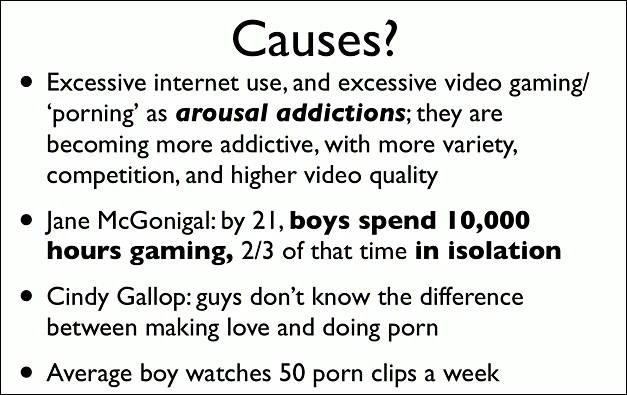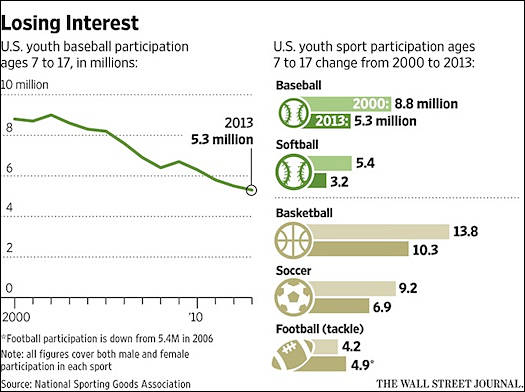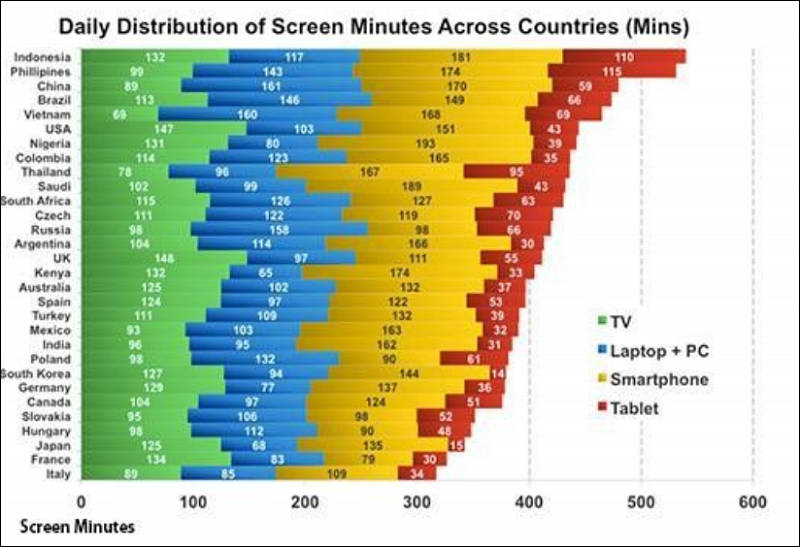
It allows to keep PV going, with more focus towards AI, but keeping be one of the few truly independent places.
-
We find that following a ban on phone use, student test scores improve by 6.41% of a standard deviation. Our results indicate that there are no significant gains in student performance if a ban is not widely complied with. Furthermore, this effect is driven by the most disadvantaged and underachieving pupils. Students in the lowest quartile of prior achievement gain 14.23% of a standard deviation, whilst, students in the top quartile are neither positively nor negatively affected by a phone ban.
-
Americans are now spending more than 20% of all internet time on Facebook and Instagram.
-
Researchers in Denmark who split 1,095 daily Facebook users into two groups, half given access to the site as normal and the remainder forced to quit cold turkey, found that after a week those on a break from the social network felt 55% less stressed.
http://www.theguardian.com/media/2015/nov/10/week-off-facebook-denmark-likes-this-happiness-friends
-
The National Institute of Informatics said Saturday that its AI program, developed with university and corporate researchers, achieved an above-average score on a college entrance exam for the first time. The test covered five subjects including math, physics and English.
The AI received a score of 511 points out of 950, above the national average of 416, and did exceptionally well on math and history-related problems, the institute said.
With that score, the AI has at least an 80% chance of being accepted to 441 private universities and 33 national universities, according to the institute.
-
Surprise
Some have suggested that the Internet might finally provide the path to change—universities such as Harvard and MIT began offering free courses online, which over time have come to be known as MOOCs. But now, Hansen and Reich have found that the majority of young people taking advantage of such coursework are kids living in wealthy neighborhoods, suggesting that instead of shrinking the disparity gap, they are actually making it wider.
http://phys.org/news/2015-12-massive-online-courses-wealthier-people.html#jCp
-
Small good news
European policymakers are considering a draft of the European Data Protection Regulation that would prohibit teens under 16 from participating in social media without parental consent. Up until this point, the draft Regulation set the age at 13, which is consistent with laws and practices around the world.
They passed it 15 December
-
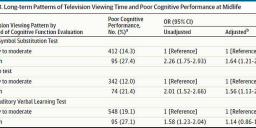
 zebra548.jpg694 x 305 - 66K
zebra548.jpg694 x 305 - 66K -
China now has around 550 millions of mobile devices, 96% of them have at least one game installed, and around 30% of users spend more than one hour of their life every day to play this games.
-
And their economical development has slowed down…
-
And their economical development has slowed down…
Their mental development slowed down to zero long time ago :-)
-
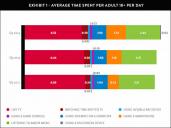
 img43.jpg663 x 496 - 44K
img43.jpg663 x 496 - 44K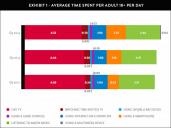
 img44.jpg800 x 598 - 56K
img44.jpg800 x 598 - 56K -
The study published in Psychological Science, Pam A. Mueller of Princeton University and Daniel M. Oppenheimer of the University of California, Los Angeles sought to test how note-taking by hand or by computer affects learning.
"When people type their notes, they have this tendency to try to take verbatim notes and write down as much of the lecture as they can," Mueller tells NPR's Rachel Martin. "The students who were taking longhand notes in our studies were forced to be more selective — because you can't write as fast as you can type. And that extra processing of the material that they were doing benefited them."
http://www.npr.org/2016/04/17/474525392/attention-students-put-your-laptops-away
As usual such guys have issues understanding how mind works. Big areas in brain are dedicated to precise motor skills. Using laptops from small age made huge hit on this. Even without summary involving motor skills greatly help you to remember things.
-
Some have suggested that the Internet might finally provide the path to change—universities such as Harvard and MIT began offering free courses online, which over time have come to be known as MOOCs. But now, Hansen and Reich have found that the majority of young people taking advantage of such coursework are kids living in wealthy neighborhoods, suggesting that instead of shrinking the disparity gap, they are actually making it wider.
This is mostly the failure of the parents and educators in the lower and middle classes to inspire and motivate young people to push themselves academically and learn. That in turn can be attributed to the failure of the political/social leaders to inspire the adults to push the young people.
-
This is mostly the failure of the parents and educators in the lower and middle classes to inspire and motivate young people to push themselves academically and learn. That in turn can be attributed to the failure of the political/social leaders to inspire the adults to push the young people.
Absolutely not. Your view is idealistic one. Usually happens due to misunderstanding how things work.
Can tell you both as materialist and teacher :-) -
Absolutely not. Your view is idealistic one. Usually happens due to misunderstanding how things work. Can tell you both as materialist and teacher :-)
What have I misunderstood? Is it a simpler problem of the lower class not having computers to read the material on, or something? Why else would the affluent be the ones using the resources?
-
Issues arise from real material things around people, from economics. Internet is also not some abstract thing. Now it is commercial and information resource owned by ruling class and used to spread usual old lies, selling stuff and offer lots of entertainment.
In real current situation it is very hard to children to find good useful information like courses and even harder to keep following them and work by themselves.
-
it is very hard to children to find good useful information like courses and even harder to keep following them and work by themselves.
Hence my comment about the failure of parents and teachers to provide the resources and inspiration to pursue this stuff. By resources, I dont mean necessarily money and internet, I mean facilities, assistance programs, support... Most of these kids have XBOXs, expensive phones... etc. No reason they cant access a free website.
-
No reason they cant access a free website.
Lots of reasons, actually. You try to put blame on heads of people who are not cause of issue.
-
Let me rephrase... No reason they shouldnt be able to access a free website. :) Im not blaming the people but the infrastructure. Well, people need to have self motivation as well, but that is a whole different topic, being especially difficult for those in poverty.
-
Im not blaming the people but the infrastructure. Well, people need to have self motivation as well, but that is a whole different topic, being especially difficult for those in poverty.
It is ok, I mean that your view is very common. But as you try to look deeper you understand that the more this people need such free course - the less is probability to find and start using them. Just due to real things around and actual situation.
As I posted above research also prove same thing - all free courses made difference between top earners and bottom ones larger, not smaller as it could be assumed. -
Researchers at the University of Waterloo have found that drawing pictures of information that needs to be remembered is a strong and reliable strategy to enhance memory.
https://uwaterloo.ca/news/news/need-remember-something-better-draw-it-study-finds
Howdy, Stranger!
It looks like you're new here. If you want to get involved, click one of these buttons!
Categories
- Topics List23,992
- Blog5,725
- General and News1,354
- Hacks and Patches1,153
- ↳ Top Settings33
- ↳ Beginners256
- ↳ Archives402
- ↳ Hacks News and Development56
- Cameras2,367
- ↳ Panasonic995
- ↳ Canon118
- ↳ Sony156
- ↳ Nikon96
- ↳ Pentax and Samsung70
- ↳ Olympus and Fujifilm101
- ↳ Compacts and Camcorders300
- ↳ Smartphones for video97
- ↳ Pro Video Cameras191
- ↳ BlackMagic and other raw cameras116
- Skill1,960
- ↳ Business and distribution66
- ↳ Preparation, scripts and legal38
- ↳ Art149
- ↳ Import, Convert, Exporting291
- ↳ Editors191
- ↳ Effects and stunts115
- ↳ Color grading197
- ↳ Sound and Music280
- ↳ Lighting96
- ↳ Software and storage tips266
- Gear5,420
- ↳ Filters, Adapters, Matte boxes344
- ↳ Lenses1,582
- ↳ Follow focus and gears93
- ↳ Sound499
- ↳ Lighting gear314
- ↳ Camera movement230
- ↳ Gimbals and copters302
- ↳ Rigs and related stuff273
- ↳ Power solutions83
- ↳ Monitors and viewfinders340
- ↳ Tripods and fluid heads139
- ↳ Storage286
- ↳ Computers and studio gear560
- ↳ VR and 3D248
- Showcase1,859
- Marketplace2,834
- Offtopic1,320


